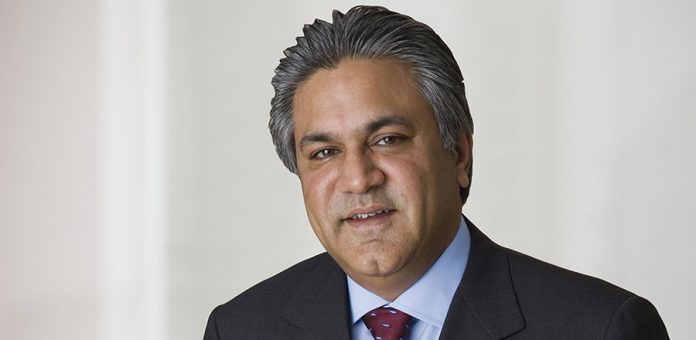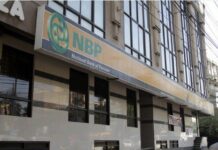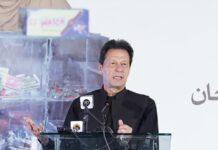
DUBAI: Arif Naqvi, the founder of one of the Middle East’s biggest private equity firms, Abraaj, is facing calls from investors to further scale back his involvement in the group amid a row over misuse of funds, two people with knowledge of the matter said.
Naqvi, who set up Dubai-based Abraaj in 2002, in February passed the reins of the fund management arm to two new co-chief executives so he could concentrate on managing the parent company, Abraaj Holdings.
But some investors want him to step back even further.
“Limited partners (investors) do not want Naqvi to play any role,” said one of the people, referring to the investment management business.
Naqvi declined to comment. Abraaj, the company, did not comment on investor concerns about Naqvi.
Their demands are the latest twist in the difficulties of Abraaj, the Middle East and Africa’s biggest private equity fund and the region’s main vehicle to invest in frontier and emerging markets including Egypt and Turkey.
Naqvi has helped to attract money from the Gates Foundation for healthcare investments as well as US pension funds. But the fund has become embroiled in a row over how Abraaj used the money of some of its investors, including the Bill & Melinda Gates Foundation.
The firm is facing an investigation by four investors, including the Gates Foundation and International Finance Corp, a member of the World Bank Group, over use of some of their money in a $1 billion healthcare fund.
Abraaj denies any wrongdoing.
The people who spoke to Reuters said that most investors believed the changes made in February were not sufficient to separate Naqvi completely from the investment business.
Naqvi remains the single largest shareholder in Abraaj Holdings and sits on its board. He also remains a non-executive member of the Global Investment Committee, which according to Abraaj’s website, is responsible for investment and divestment decisions across funds and provides guidance on transactions.
Investors want Naqvi to have no say in the governance of the investment business, one of the people told Reuters. A second source said investors did not want Naqvi to play a role in the business at all.
In a statement to Reuters, Abraaj said that Abraaj Investment Management Ltd (AIML) and Abraaj Holdings are two distinct legal entities with separate management teams and governance.
“While Mr Naqvi is a non-executive member of the Global Investment Committee of AIML, he is not represented on the AIML Board of Directors or any other committee of the fund management business,” the company said.
The statement said that Abraaj funds are either fully invested or that management approval for further deals had already been given, making the investment committee largely dormant.
Naqvi is not on the investment committee for the healthcare fund, the source of the dispute between Abraaj and investors, it said.
The growing investor revolt against the Pakistani-born founder comes at a delicate time because Naqvi is attempting to sell some or all of Abraaj Investment Management.
The people said two to three bidders are in talks to bid for Abraaj Investment, including Los Angeles-based Colony Northstar. Colony Northstar and Abraaj declined to comment on the talks.
Aside from Naqvi, other shareholders in Abraaj Holdings include members of the management team and Deutsche Bank.
Abraaj has undertaken a review of its corporate structure, including cutting around 15pc of jobs. It has also freed up large investors from millions of dollars in capital commitments.
It was managing $13.6bn before deciding to return $3bn to investors and putting a new $6bn fund on hold.






